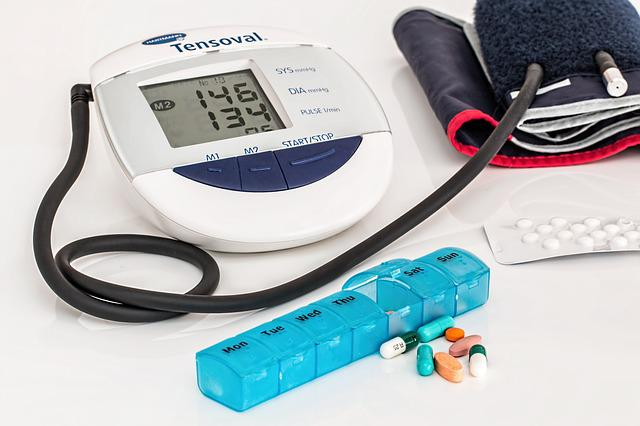Why is Diet Important for Overall Health?
A healthy diet is the cornerstone of a healthy lifestyle. It provides your body with the necessary nutrients, vitamins, and minerals to function optimally. Here are some reasons why diet is important for overall health:
Nutrition and Diet: Nutrition and diet go hand in hand. A balanced diet ensures that you are getting all the essential nutrients your body needs to thrive. It is important to consume a variety of foods from different food groups to obtain a wide range of nutrients.
Weight Management: Following a healthy diet can help you achieve and maintain a healthy weight. A balanced plate that includes the right portions of proteins, carbohydrates, and fats can support weight loss or weight maintenance goals.
Disease Prevention: A well-balanced diet can help reduce the risk of chronic diseases such as heart disease, diabetes, and certain types of cancer. Nutrient-rich foods provide antioxidants and phytochemicals that promote cellular health and protect against oxidative stress.
Energy and Performance: Proper nutrition fuels your body and provides the energy needed for daily activities and exercise. By consuming a balanced diet, you can optimize your energy levels and enhance your physical and mental performance.
Building a Balanced Plate
Creating a balanced plate involves incorporating a variety of nutrient-dense foods in appropriate portions. Here's how you can build a balanced plate for overall health:
Include a Variety of Vegetables
Vegetables are packed with essential vitamins, minerals, and dietary fiber. Aim to fill half of your plate with colorful vegetables such as leafy greens, broccoli, bell peppers, carrots, and tomatoes. These nutrient-rich foods provide antioxidants that help protect your cells from damage.
Add Lean Proteins
Protein is essential for repairing and building tissues, supporting a healthy immune system, and maintaining muscle mass. Include lean sources of protein such as chicken breast, fish, tofu, beans, and lentils. These options are low in saturated fat and high in beneficial nutrients.
Choose Whole Grains
Whole grains are rich in fiber, vitamins, and minerals. Opt for whole grain options like brown rice, quinoa, whole wheat bread, and oats. These provide sustained energy and promote digestive health.
Incorporate Healthy Fats
Healthy fats are crucial for brain health, hormone production, and nutrient absorption. Include sources of healthy fats such as avocados, nuts, seeds, and olive oil in moderation.
Don't Forget Dairy or Dairy Alternatives
Dairy products or dairy alternatives like almond milk or soy milk can be a good source of calcium and vitamin D. These nutrients are essential for bone health and overall well-being. Consume Enough Protein Consuming enough protein is important for muscle growth, a healthy metabolism, and overall wellness. Choose lean meats like turkey or chicken, beans, nuts and seeds as sources of protein.
Portion Control
While choosing a balanced plate, portion control is vital. Be mindful of your portion sizes to avoid overeating. Use smaller plates and bowls to help control portion sizes visually. The color of your plate matters, too. Studies have found that people tend to eat less when their food is served on a white plate compared to a black one, likely because the color makes us feel fuller faster.
Hydration is Key
Water is essential for optimal bodily functions. Stay hydrated by drinking an adequate amount of water throughout the day. Limit sugary beverages and opt for water as your primary source of hydration. When you’re eating, drink water between meals instead of sugary beverages. In addition to hydrating your body, drinking water will help fill you up so that you eat less and lose weight.
Limit Added Sugars and Processed Foods
Excessive consumption of added sugars and processed foods can contribute to weight gain and various health problems. Minimize the intake of sugary snacks, sodas, and processed foods high in saturated and trans fats. Choose whole grains over processed grains. Opt for lean protein sources such as fish and chicken breast rather than red meat. Eat more fruits and vegetables, preferably fresh ones.
Practice Mindful Eating
Slow down and savor each bite while eating. Mindful eating helps you become more aware of your hunger and fullness cues, promoting healthier eating habits. Practice regular physical activity. Regular physical activity is an important part of living a healthy lifestyle. Aim for at least 30 minutes of moderate-intensity aerobic exercise on most days of the week. If you are not currently active, consult with your doctor before starting any exercise program.









 English (US) ·
English (US) ·